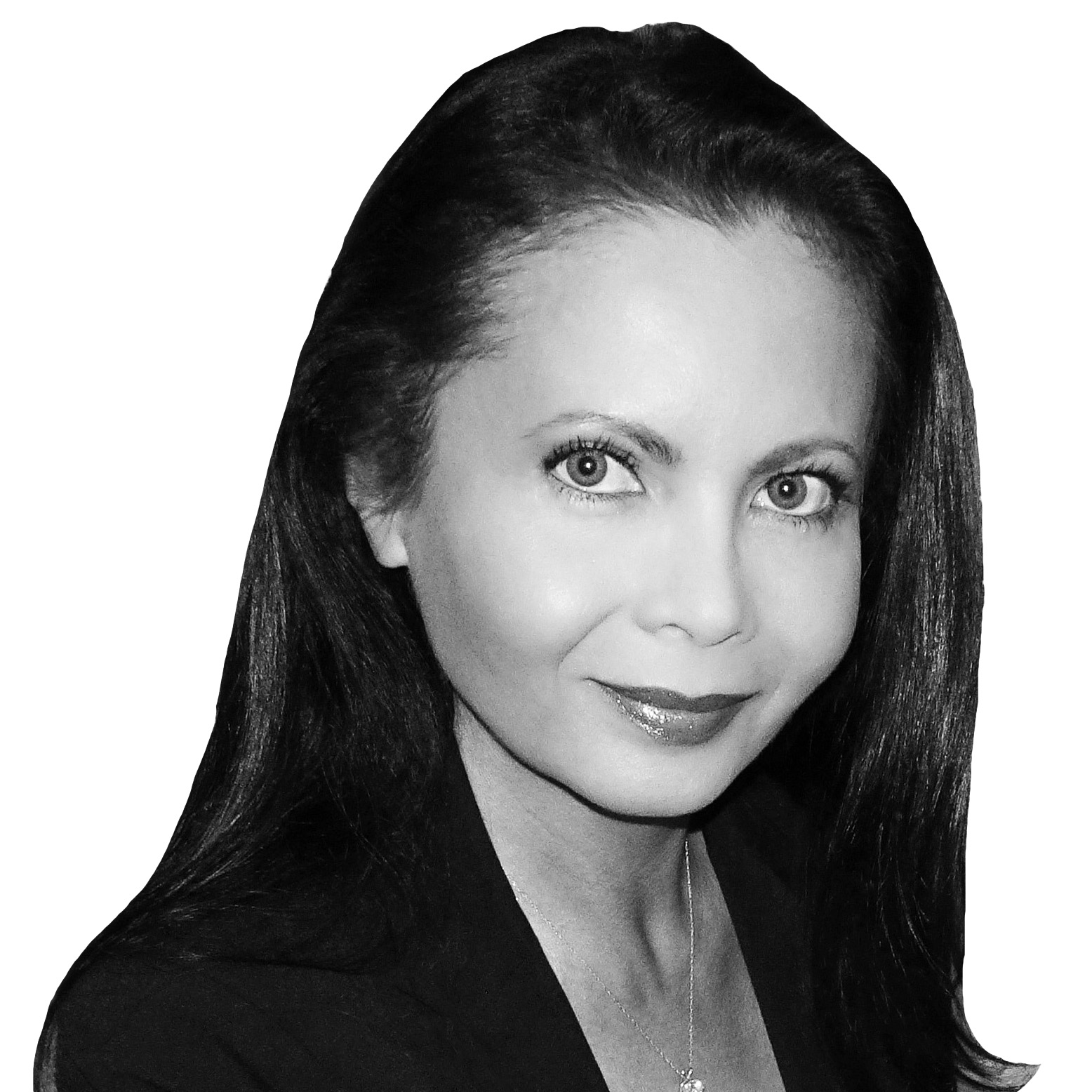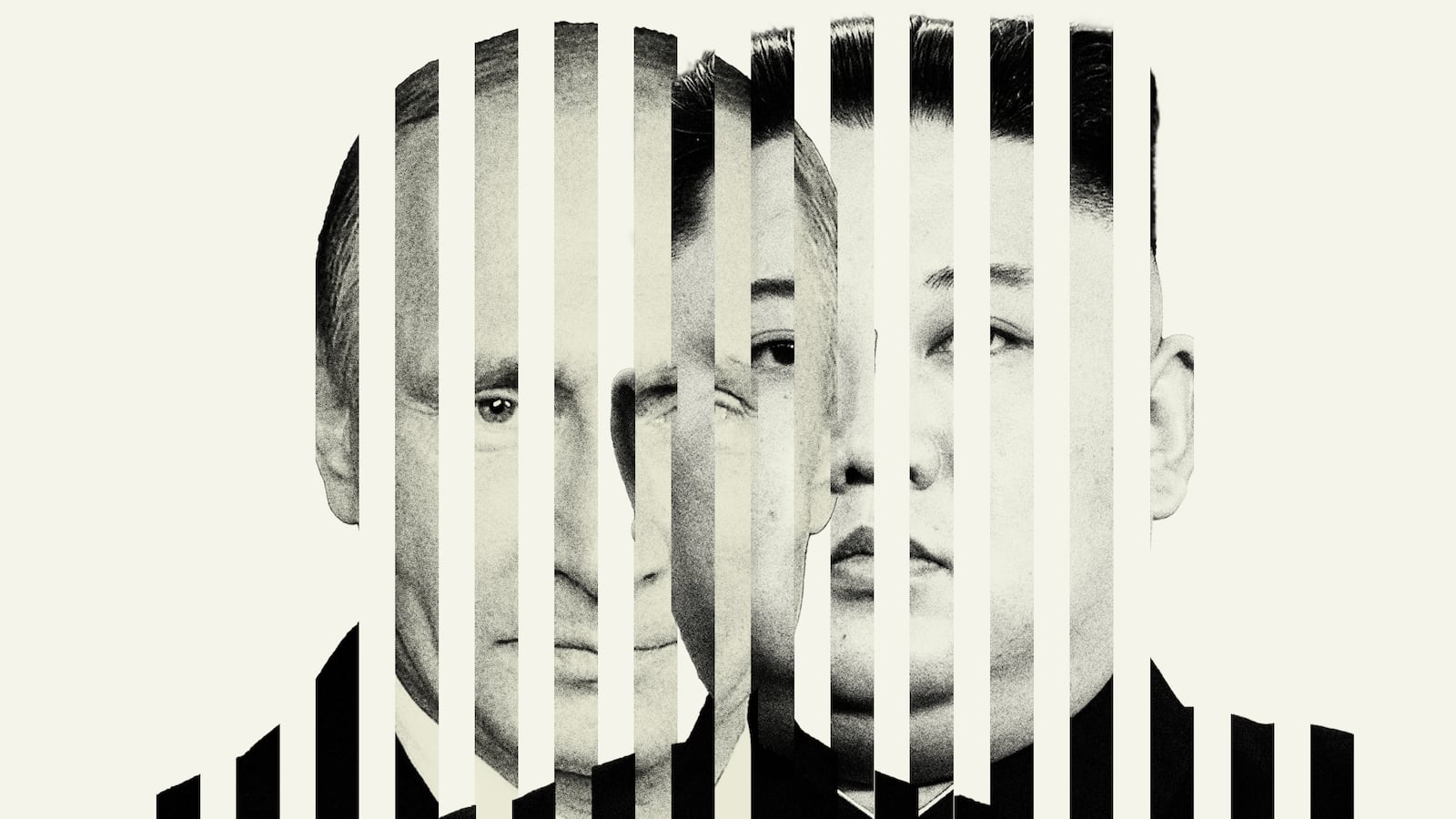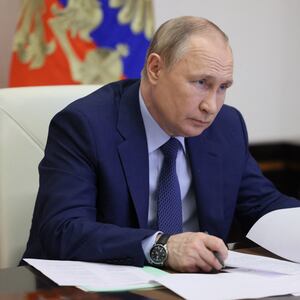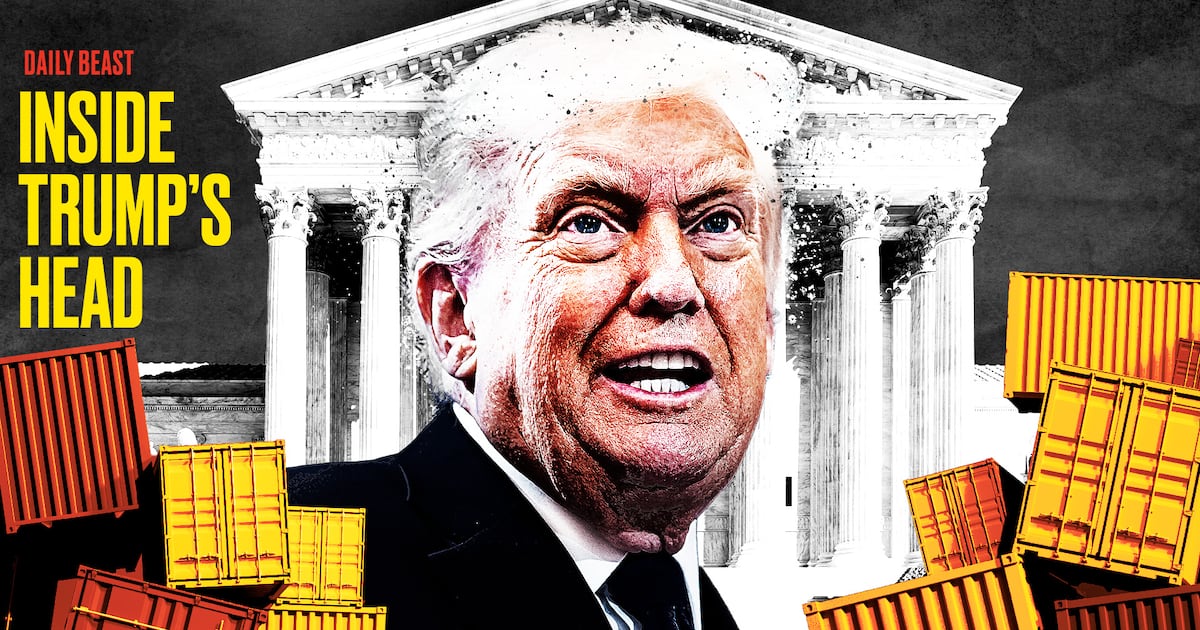Russian President Vladimir Putin paid tribute to Tsar Peter the Great on the 350th anniversary of his birth on Thursday, claiming that modern Russia is once again on a historic quest “to return and fortify” its lost lands. Erasing any doubt about the true motivation of his invasion of neighboring Ukraine, Putin told an audience of technology students in Moscow that the lot of re-conquering Russia’s former territories fell to their generation. They blithely smiled throughout the speech, without a hint of a reaction to the imperial ambitions of their leader which have abruptly re-shaped their future.
The speed with which the talking heads swung behind Putin’s latest narrative shattered the thin veneer of supposed independence on Russian state television, laying bare the fact that the Kremlin’s propagandists on top rated shows are not there to share their own opinions. The same pundits who meekly asserted for months that the “special military operation” was never about occupying any of the Ukrainian territories have changed their tune in the blink of an eye. Brushing aside the unconvincing legend of the mythical Nazis in charge of Ukraine’s government, as well as complaints about “NATO enlargement,” state TV experts embraced the idea of shamelessly taking another nation’s land—just because they want to.
After playing clips of Putin’s latest comments, Vladimir Solovyov, the host of state TV program The Evening With Vladimir Solovyov, jumped in head first: “Putin is talking about fortification and enlargement, because returning [territories] means enlargement. What we lost before we now must return. This is a totally different formulation of our goal. Life is getting to be interesting.”
Solovyov’s frequent guest, Andrey Kartapolov, head of the Russian Duma’s Defense Committee, who previously served as the Deputy Defense Minister, eagerly agreed: “Yes, we will restore and fortify… The world has changed. The period of American colonialism has come to an end and will never return. In this new world, Russia will be the power, the moral compass, the landmark of purity, truth and correctness, to which sensible people will flock from all over the planet.”
Kartapolov’s speech sounded like it could have come straight from North Korea, and indeed, that is where some state TV pundits see things going. In the beginning of Russia’s invasion of Ukraine, prominent state TV pundit Karen Shakhnazarov expressed concerns about human suffering and publicly urged Putin to quickly end the war. Whether or not he was scolded for publicly dissenting against the Kremlin’s approach, nowadays Shakhnazarov is fully aboard the empire re-building train.
He criticized Western voices for questioning whether countries without nuclear weapons should submit to the mightier nations brandishing nukes, asserting that might makes right. Admitting that his take is cynical, Shakhnazarov argued: “If you aren’t capable of creating such weapons to defend yourself with, if you don’t have capable engineers and scientists or the industry, then you have to take into account that there are other countries that will be determining how you live. It’s just the way it is. There are nations like North Korea—a small country—that was able to prove to everyone that they can be sovereign.”
Shakhnazarov described Russia as an empire, the rightful descendant of the Golden Horde Mongol dynasty: “I believe that Russia is a natural heir to Tatar-Mongols, who have created the first empire on the territory of Eurasia.” The attitude of uncivilized brutality has been embraced by Russia’s opinion-makers, with guests on Solovyov’s show repeatedly arguing that the so-called “denazification” of Ukrainians should lead to public hangings.
Earlier this week, discussing the fate of British citizens Shaun Pinner and Aiden Aslin, and Moroccan national Saaudun Brahim—all of whom were captured in Ukraine— pundits on Solovyov’s show descended into a screaming match, arguing whether they should be shot or hanged. These bone-chilling displays of sadistic cruelty and disregard for international norms on state-controlled television took place even before the POWs were tried and sentenced by the Russian proxies playing government in the make-believe “Donetsk People’s Republic” in Eastern Ukraine.
The idea of growth through territorial expansion has been repeatedly reiterated by prominent figures, such as State Duma Deputy Defense Committee Chairman Vladimir Shamanov, former Commander-in-Chief of the Russian Airborne Troops. In a recent interview, Shamanov agreed with the statement that “war is the calling card of the Russian people” and asserted: “Our nation was built through territorial enlargement.”
During his show, Solovyov introduced a clip of the late Vladimir Zhirinovsky, former member of the State Duma, notorious for his odious, bellicose statements. In the clip, Zhirinovsky insisted that the Baltics and Ukraine would be occupied and controlled by Russia. The host referred to the politician as a “political prophet” and noted that “everyone should have listened” to his predictions.
Bitterly complaining about the sanctions—and his seized Italian mansions on the shores of Lake Como—Solovyov suggested: “Since we’re going to be enlarging, if we need—for example—auto parts, let’s enlarge towards the places where those factories are located. I’m also still peeved about Lake Como. Let’s enlarge in that direction.”
While Putin is fancying himself Russia’s new emperor, with multiple double-headed eagles reportedly adorning his imperial palaces, the idea of combining ancient savagery with nuclear threats might not work out as well for the average Russian. The Russian authoritarian had a message for the everyday citizens, struggling under the weight of crippling sanctions: “Russia will live better in 10 years.” Solovyov surmised: “Most importantly, we now know what awaits us in the coming years: returning and fortifying [lost lands].”
On Friday, host of 60 Minutes Olga Skabeeva gushed: “Delightful! Now we understand future plans of the Russian state: we’ll be returning and fortifying [territories]. Some are scared of this, but that is certainly not our problem.”







